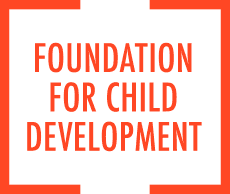https://www.fcd-us.org/double-disadvantage-or-signs-of-resilience-the-elementary-school-contexts-of-children-from-mexican-immigrant-families/
Children from Mexican immigrant families represent one of the fastest-growing populations in the American educational system, but their ability to use this system to improve their long-term prospects may be hampered by problems associated with their schools. The present study by former Young Scholar Robert Crosnoe, published in the American Educational Research Journal (Summer 2005, Vol. 42, No. 2) explored this issue in a national sample of American kindergarteners. First, propensity score matching techniques revealed that children from Mexican immigrant families were overrepresented in schools with a wide variety of problematic characteristics, even when family background differences were taken into account. Second, multilevel models revealed that the mathematics achievement, mental health, and interpersonal functioning of these children were often at lower levels in such schools. Studies such as the present investigation demonstrate the value of developmental models of inequality and can inform policy by identifying points of intervention.
